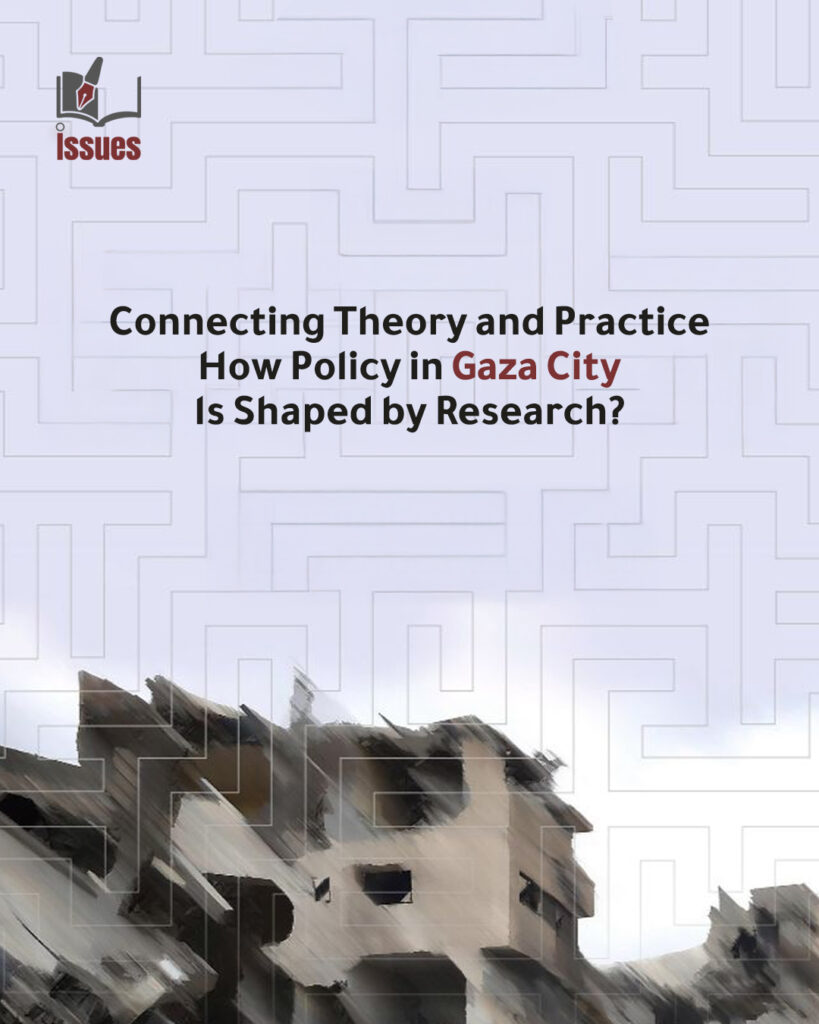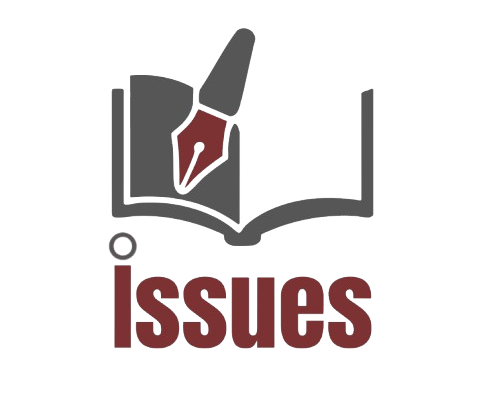The importance of scholarly study is frequently most apparent during uncertain and crisis-filled times. With its intricate social, political, and humanitarian realities, Gaza City provides a potent illustration of the intersection of theory and practice as well as the way that research may influence practical decisions that have an impact on thousands of people.
The Significance of “Bridging the Gap”
Sometimes academic research is written off as being too abstract or unrelated to people’s real-world experiences. However, in highly charged contexts, evidence-based research can provide policymakers with clarity and guidance. Credible research becomes more than just a resource in situations like Gaza, where every policy choice has urgent social and humanitarian repercussions.
Research Advancing Urban and Humanitarian Policy in Gaza City
Studies conducted in recent years by academics and regional organizations have had a direct influence on Gaza City’s development and humanitarian plans. For instance:
Urban Infrastructure & Housing After times of the Israeli occupation, there is an urgent need for housing reconstruction, according to research from nearby universities. These findings were put to use by local governments and international assistance organizations to prioritize reconstruction efforts in certain displaced neighborhoods.
Public Health & Water Security Research on the salinity and contamination of the aquifers in Gaza City provided policymakers with concrete proof of the health hazards. The design of water treatment projects and the implementation of clean water distribution programs by NGOs were both impacted by this scholarly effort.
Youth and Education Policy where new programs for education and mental health support were based on academic surveys that documented the psychosocial effects of conflict on Gaza’s youth. Schools and community centers were able to implement trauma-sensitive teaching methods thanks to evidence-based suggestions.
Takeaways: From Study to Practice
The example of Gaza demonstrates that three main advantages arise when scholars and decision-makers work together:
1. Evidence Takes the Place of Guesswork: In a field where political narratives frequently predominate, academic research provide clarity.
2. Local Expertise Is Crucial: Locally grounded research guarantees that policy choices represent the true needs of communities.
3. Action Gains Legitimacy: Public trust rises and mobilizing international support is made simpler when governments or NGOs base their decisions on reliable information.
Going Ahead: Fortifying the Connection
The lesson is clear for Gaza City and many other areas dealing with political and humanitarian issues: it is imperative that theory and practice be connected. It necessitates ongoing communication between communities, politicians, and scholars. Universities, think tanks, and non-governmental organizations need to continue to be involved—not only as authors of studies, but also as collaborators in forming life-altering decisions.
Final Thought
Gaza City serves as an example of how research may enter the realm of policy and transcend the classroom. Bridging the gap between theory and practice is no longer merely an intellectual exercise; it is a lifeline in a world where decisions have such high costs.


